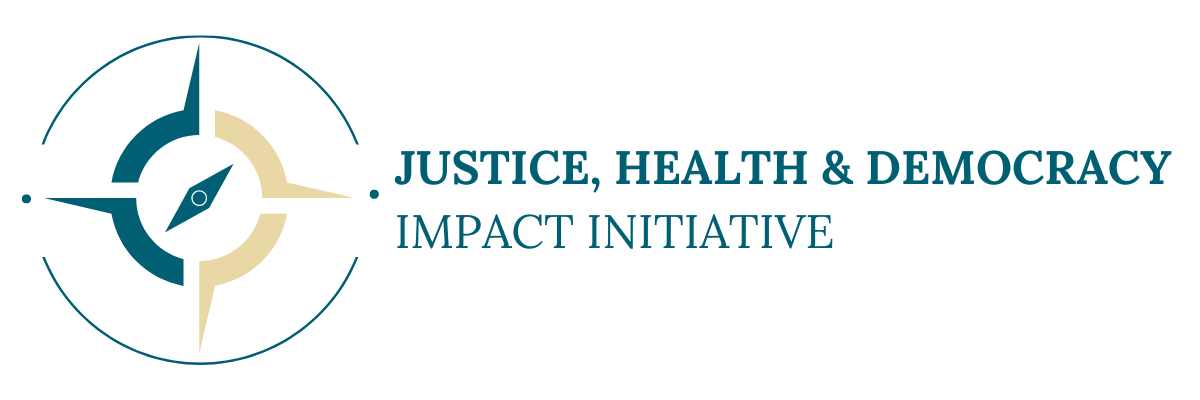The JHD Story
"It was imperative, she believed, that reasoning about values and principles be recovered as a part of the basic activity of policy-making."
In 2014, the National Academy of Sciences published an important report, The Growth of Incarceration in the United States: Exploring Causes and Consequences. Shortly after the report was issued, Danielle Allen was appointed the new Director of the Edmond & Lily Safra Center for Ethics. Allen had already been working in the justice reform space, and the report was among the materials she was reading while preparing for her new role. The report mostly focused on empirical analysis of the phenomenon of incarceration. But it also included a highly unusual final chapter focused on “values and principles” pertaining to “the prison in society.” The report’s authors concluded that while the field of criminal justice had for decades been perpetually recycling a paradigm of retribution and deterrence, it had also been fostering mass incarceration through the absence of conversation about the values and principles governing incarceration policy. For Allen, that chapter sparked a mission for her work leading the Safra Center for Ethics. It was imperative, she believed, that reasoning about values and principles be recovered as a part of the basic activity of policy-making. The Safra Center would strive to exemplify and disseminate a form of ethics-based public-policy-making beginning with work in the space of criminal justice reform.
With this goal in mind, the Justice, Health, and Democracy Impact Initiative launched in 2015. In its earliest days, it was a research network, supported by the Ford Foundation, that focused on trying to accelerate a transition from a criminalization framework to a public health framework for tackling hard public problems such as substance use disorder. To do this work, we assembled a multi-disciplinary team of scholars—from law, public health, medicine, philosophy, political science, economics, sociology, and policy. We partnered with practitioners, most importantly the Police-Assisted Addiction Recovery Initiative (PAARI) to clarify the questions that needed answers if municipalities were to achieve better outcomes in responding to substance use disorder crises. In addition to exploring policy strategies that could improve program design, ensure equitable implementation, and open new opportunities to people of all backgrounds, we also sought to understand how professional education in the fields of law, medicine, public health, and policy would need to change to support a transformed professional response to substance use disorder. New courses and instructional strategies emerged for teaching the history of addiction and criminal law.
Another important byproduct of JHD’s early work was a network of faculty who had learned to collaborate and translate across disciplinary barriers in the fields named above. Empirically-trained scholars had grown accustomed to working through conversations about values with philosophers and ethicists, and vice versa. As a result, when the COVID-19 pandemic struck, our network was perfectly suited to meet the moment. In February 2020, as conversations about rationing of medical goods started to build, Allen reached out to a former Safra Center Fellow, Ezekiel Emanuel, one of the leading bioethicists of his generation, who would ultimately serve on the Biden-Harris Transition COVID Advisory Board, to ask how the Ethics Center could assist in the hard thinking needed to react to the pandemic. Emanuel responded that people needed help figuring out whether to protect lives or the economy. Our network sprang into action and our first COVID white paper addressed precisely that question of ethics. But our answer was not that one value should be traded off against the other. Instead, the job was to find a practical solution to align the protection of lives, liberties, and livelihoods. We realized this was possible through some rapid reorganization of the political economy to massively ramp up a testing and contact tracing infrastructure. That first white paper led to a rapidly expanding set of emergency response materials, as well as extensive work with mayors, governors, senators, members of Congress, and professional associations of public servants all over the country.
"Another important byproduct of JHD’s early work was a network of faculty who had learned to collaborate and translate across disciplinary barriers."
Our new policy-making model, that put ethics at the center of the conversation and formed tight partnerships between experts and practitioners, took off in those emergency conditions. Our responsibility now is how to ensure that the model can become a regular part of how we do business even in non-emergency times.

